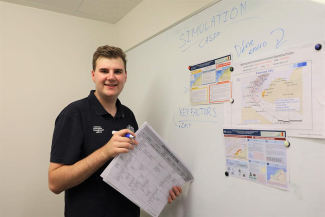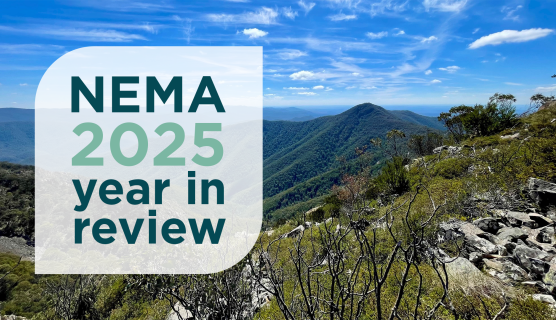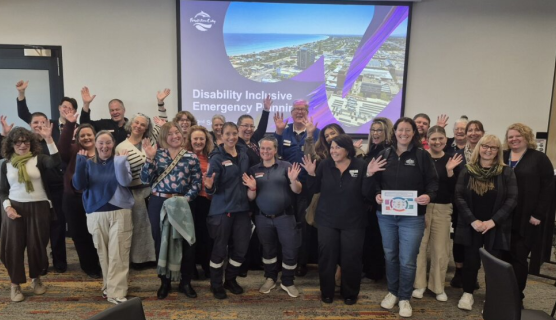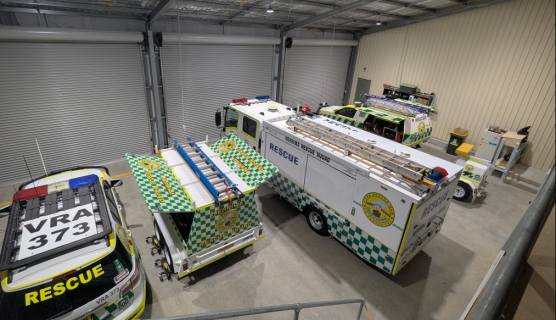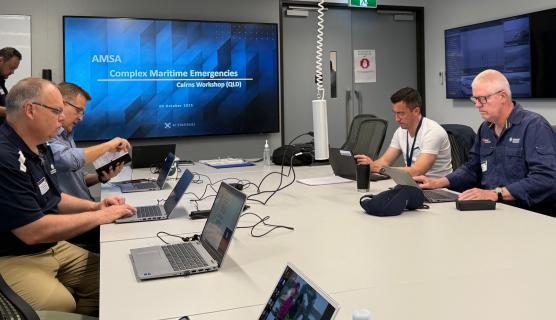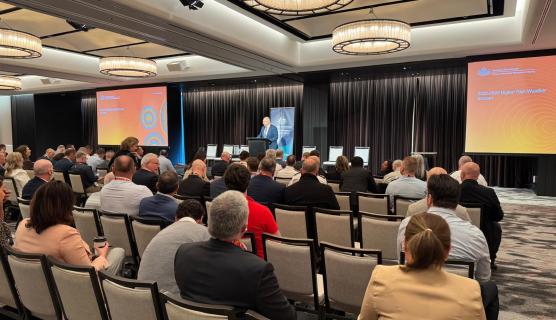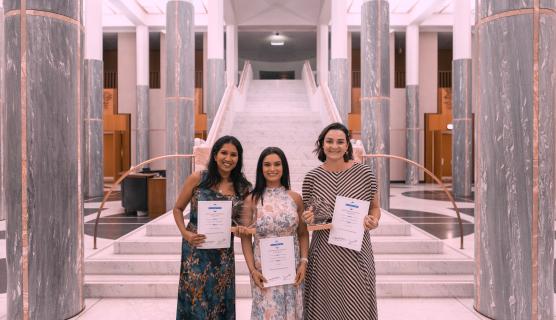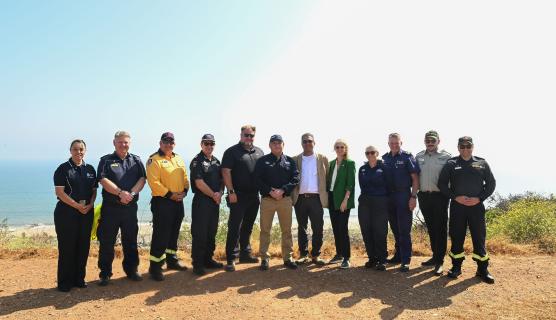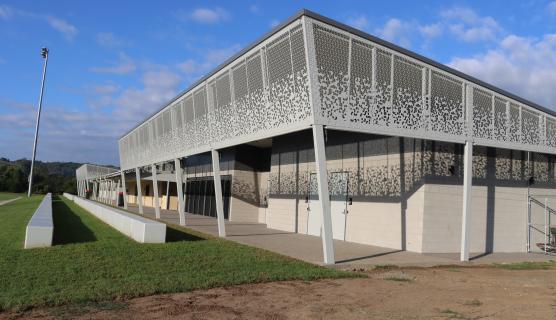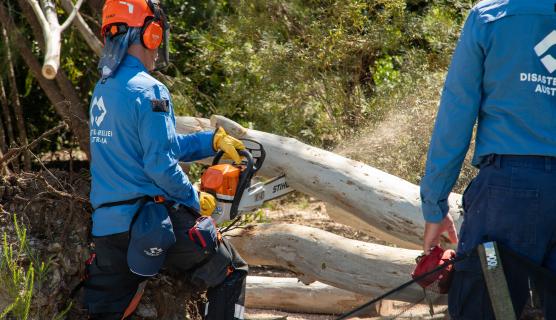Neurodiversity Celebration Week is dedicated to transforming the way neurodivergent individuals are perceived and supported, while creating a more inclusive environment to celebrate differences and empower every individual. Neurodiversity looks different across emergency management, preparedness and implementation and we sat down to learn from individuals across NEMA and industry experts to learn more about their unique experiences.
Neurodiversity in emergency management training
For Ben, having dyslexia, a learning difference that makes reading difficult, is just an extra step in his work in emergency management.
As a member of the Training and Strategy team in NEMA’s Emergency Management and Response group, Ben balances their dyslexia through a combination of adaptability, self-awareness and using available resources. Some programs, like speech-to-text software and colour-coded organisational systems, also assist Ben in their day-to-day work and help them make significant contributions to tactical thinking in their team.
“I seek support from colleagues and supervisors, as well as participating in training programs tailored to accommodate diverse learning styles.”
Managing stress levels and prioritising tasks helps Ben enhance their productivity and resilience in the demanding environment of emergency management.
“My dyslexia empowers me to ensure I say the correct things to those impacted and when I train staff at NEMA. My dyslexia only holds me back when I let it, and I am not letting that happen,” they said.
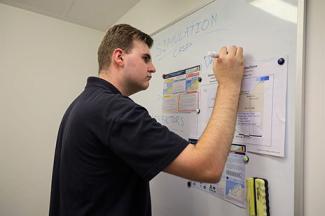
Harnessing neurodiversity to solve complex issues in emergency management
Corey believes that neurodiversity brings a wealth of different perspectives to solving complex issues in emergency management, including in NEMA’s Disaster Resilience and Recovery Group where he works.
“My experience with Attention Deficit Hyperactivity Disorder (ADHD) has taught me the importance of flexibility, adaptability and rapid response to changing situations (while) being able to utilise my ability to hyper focus on critical tasks when necessary.”
Corey’s experience with living with inattentive-type ADHD has presented him with challenges like working in environments that prioritise sustained attention and unique strengths such as bringing creativity, lateral thinking and a distinctive approach to problem-solving.
“In my career, I’ve found that leveraging tools, modern treatment options and strategies to manage my ADHD symptoms has not only improved my personal efficiency but has also significantly contributed to my team’s success,” he said.
Sharing his experience has allowed Corey to advocate for greater understanding of neurodiversity at work and in his personal life. He encourages everyone to reach out and learn about how neurological differences can benefit the workplace.
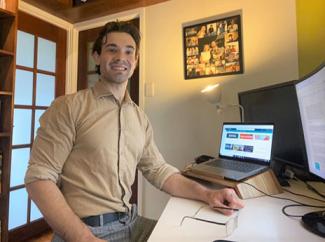
Helping children with additional needs during an emergency
The Children with Additional Needs Working Group in East Gippsland are passionate about ensuring inclusivity in the East Gippsland community.
Jodie, a Facilitator and Project Management Consultant and member of the working group, spoke about the importance of considering the unique needs of neurodiversity in emergency management, focusing on disaster preparedness.
The Black Summer Bushfires were an opportunity to hear more from our families, carers and children about the impacts of natural hazards on them and what we can do to accommodate their needs”, said Jodie.
The feedback has led to a close working relationship with East Gippsland Shire Council (EGSC) resulting in developing Sensory Kits in Places of Last Resorts provided to eight relief centres, continuing conversations about making alternative accommodation available for families who need to evacuate and reducing anxiety around planned burnings by creating social stories.
In an important recognition of this work, EGSC now offers training on how to set up and use the sensory kits. “We are really proud of the work we have done to help raise the profile of kids and their needs across East Gippsland,” said Jodie.
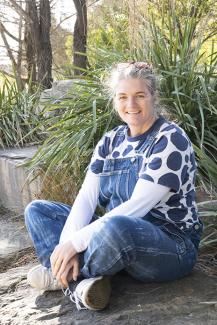
Embracing neurodiversity at NEMA
At NEMA we are committed to providing a working environment that values diversity and inclusion and supports staff to reach their full potential.
Learn more about working at NEMA and discover current opportunities on our Careers page.
